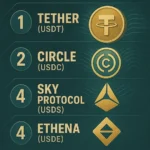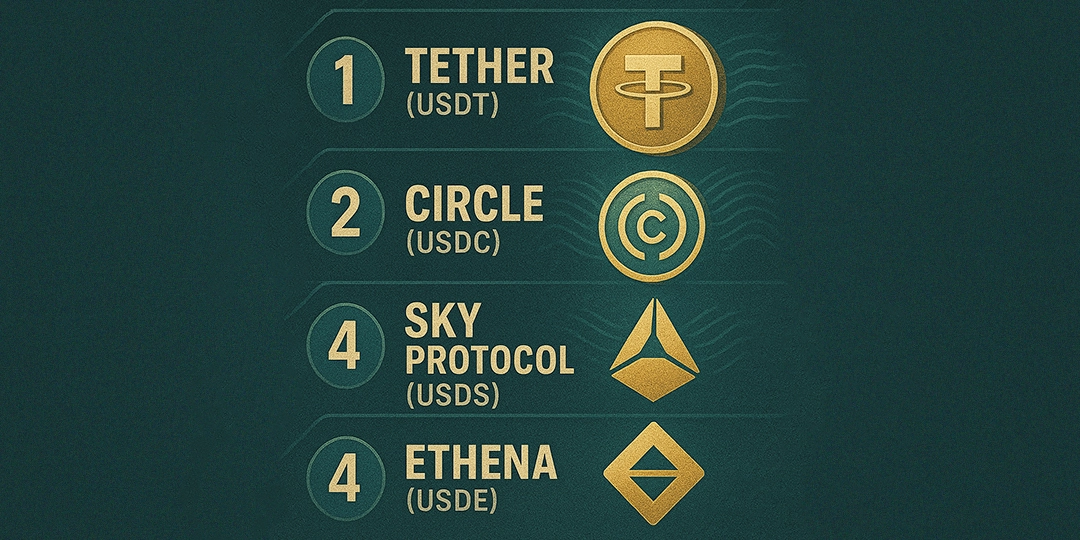Gotbit, founded in 2017 at the height of crypto’s early boom, emerged as a market-making and consulting firm designed to support blockchain startups in achieving liquidity and market presence. However, just eight years later, the company found itself at the center of a major legal storm, culminating in its shutdown and the arrest of its founder, Aleksei Andriunin, on charges of market manipulation and wire fraud.
Launch and ambitions in a rapidly growing market
Gotbit’s inception coincided with a pivotal time in cryptocurrency history. In 2017, Bitcoin’s price hovered near $1,000, the Initial Coin Offering (ICO) craze was in full swing, and major exchanges like Binance were just launching. Riding this wave of innovation and investor optimism, Gotbit positioned itself as a critical partner for fledgling blockchain projects.
Its primary service was market-making, providing buy and sell orders to create liquidity and reduce volatility. For many startups, especially those launching new tokens, this service was essential for attracting investor confidence. Gotbit expanded this core offering with consulting, startup incubation, and software development, evolving into a multi-branch firm with operations across Europe and Asia.
Profiles on LinkedIn and Crunchbase suggest Gotbit’s goal was to “bring back control of the markets to the founders,” a mission aligned with the decentralized ethos of crypto. Their blog offered analytical insights on market trends and asset valuations, further bolstering their image as industry experts.
Beneath the surface: Questionable practices
While Gotbit marketed itself as a legitimate and innovative player in the crypto space, its core operations eventually drew regulatory attention. At the heart of the controversy was the practice of wash trading, A form of market manipulation where an entity simultaneously buys and sells the same asset to create the illusion of high trading volume.
This technique, allegedly offered as a service to clients, helped artificially boost the perceived popularity of tokens. Though such tactics can be difficult to detect on public blockchains, the U.S. Department of Justice (DOJ) launched a covert investigation, codenamed Operation Token Mirrors, to expose such manipulations.
Gotbit’s practices reportedly spanned from 2018 to 2024, affecting multiple clients and involving the use of bespoke software to automate fake trades across various exchanges. The investigation culminated in October 2024 when the DOJ unsealed charges of wire fraud and conspiracy against Gotbit and other market makers.
Arrest and sentencing of Aleksei Andriunin
Central to the case was Gotbit’s founder and CEO, Aleksei Andriunin. On October 8, 2024, Andriunin was arrested in Portugal. U.S. authorities accused him of not only overseeing Gotbit’s manipulative operations but also of personally profiting from them. He was extradited to the United States on February 25, 2025, and pleaded guilty in March.
Court documents revealed that Andriunin had developed software specifically designed to facilitate wash trades and had transferred millions in illicit earnings into personal accounts. On June 13, 2025, he was sentenced to eight months in federal prison and one year of supervised release.
As part of the sentencing agreement, Gotbit was ordered to forfeit $23 million in cryptocurrency and cease all operations for five years. This effectively marked the end of the firm’s run and served as a stark warning to other market players engaging in similar conduct.
Impact on the crypto industry
Gotbit’s downfall highlights growing regulatory efforts to bring transparency and fairness to the cryptocurrency market. As part of a broader crackdown on wash trading, the DOJ’s operation targeted several firms suspected of inflating token volumes to mislead investors.
The case also underscores the ethical risks associated with crypto consulting and market-making services. While liquidity provision is essential for token growth, crossing the line into deception not only harms investors but also undermines the credibility of the entire ecosystem.















